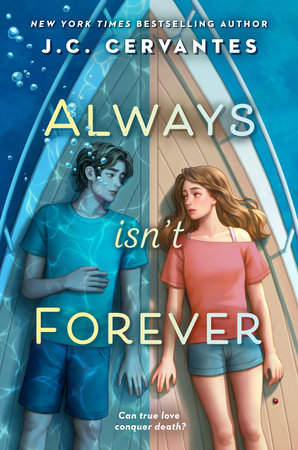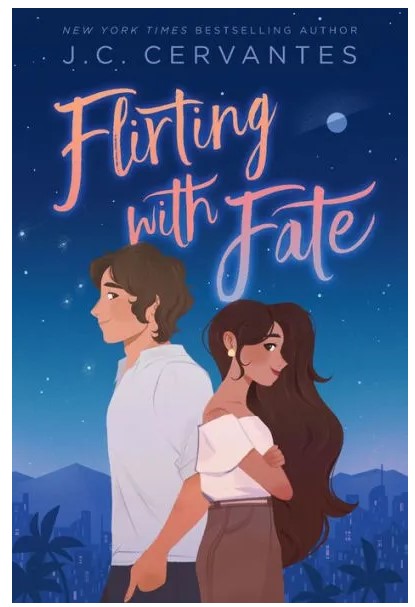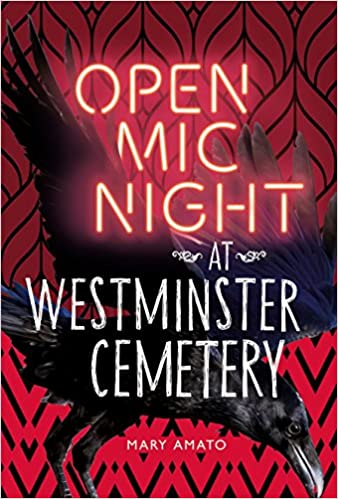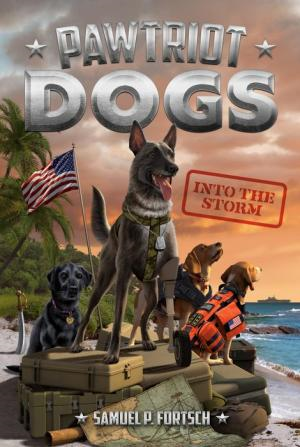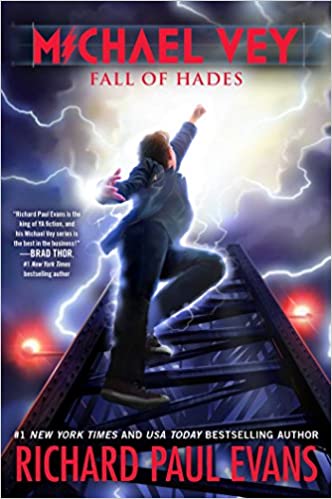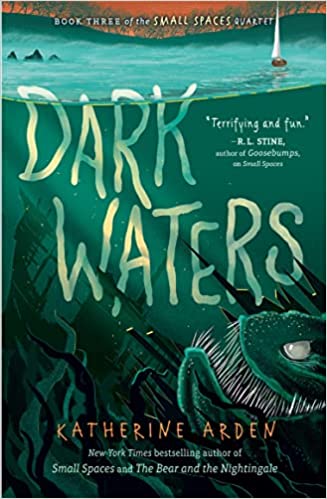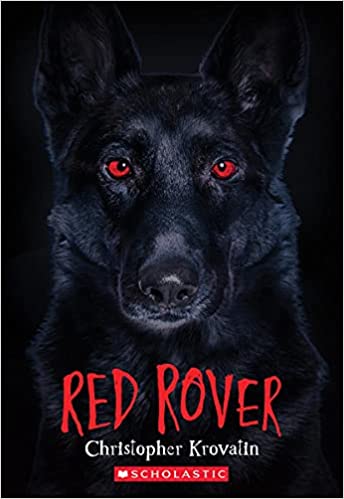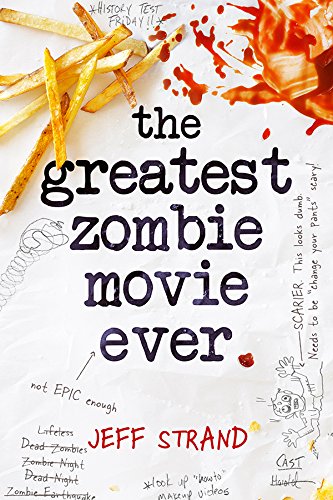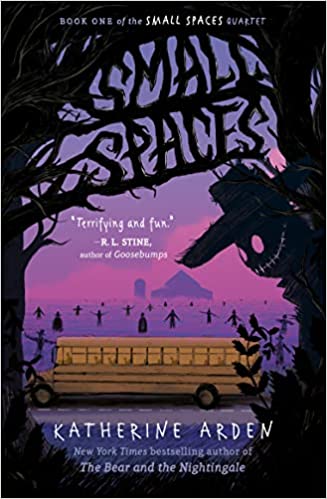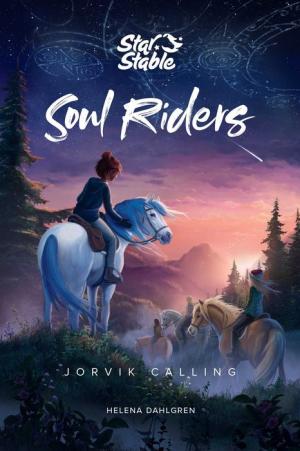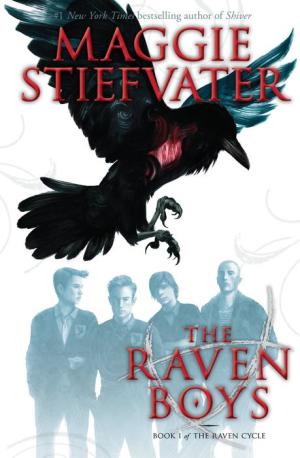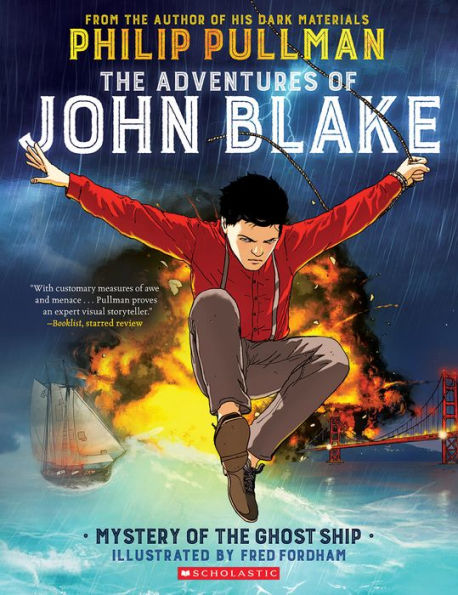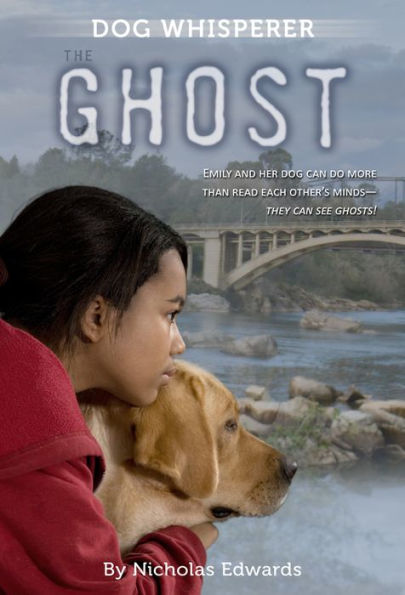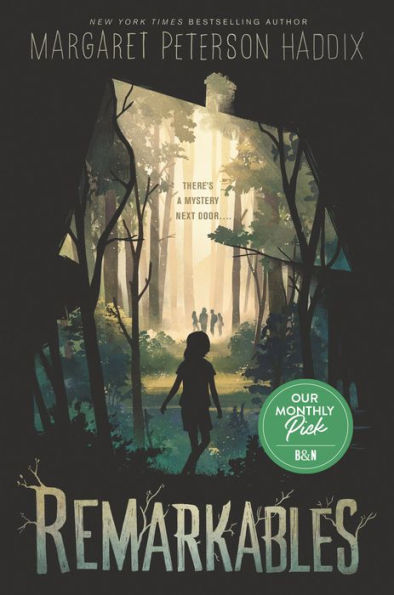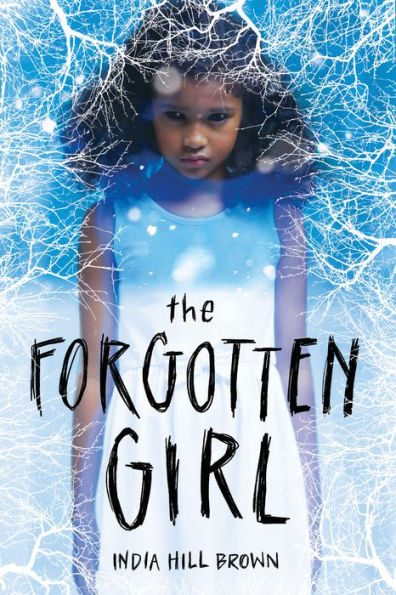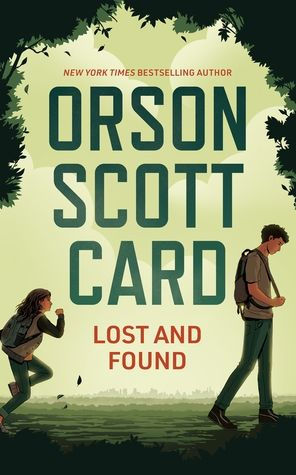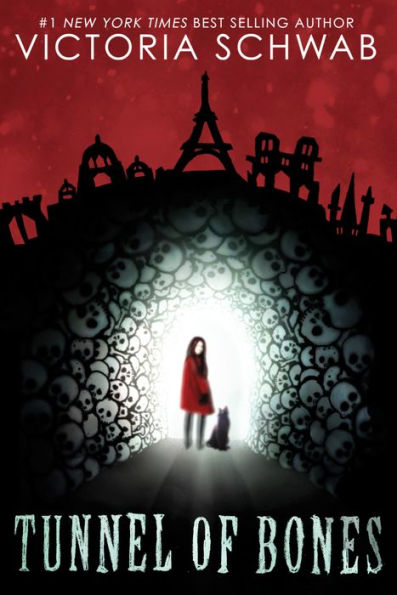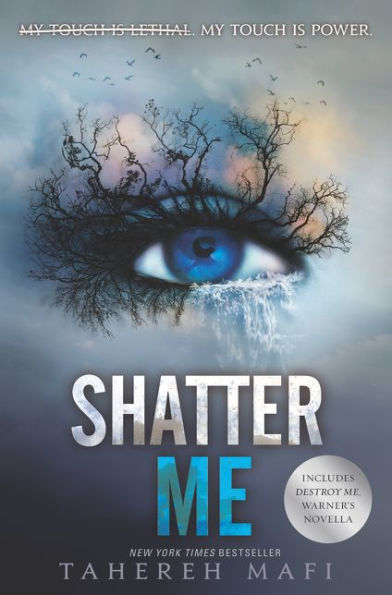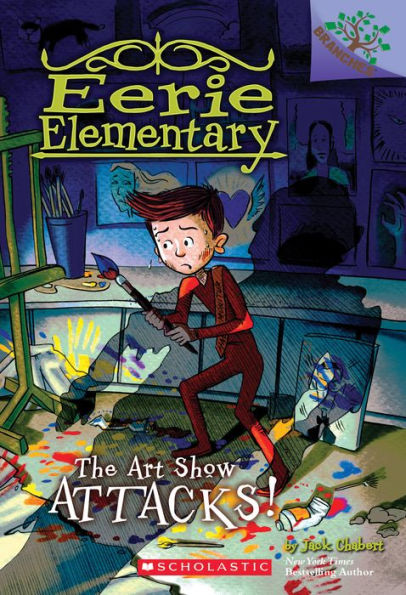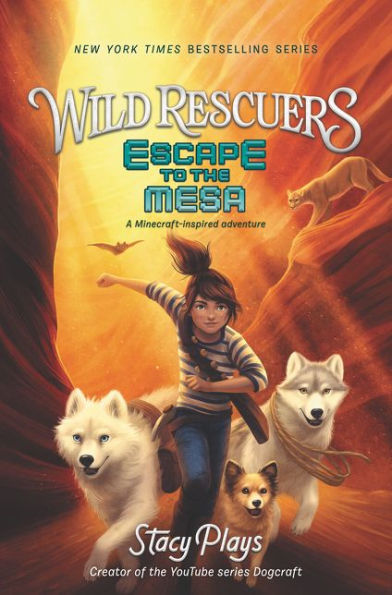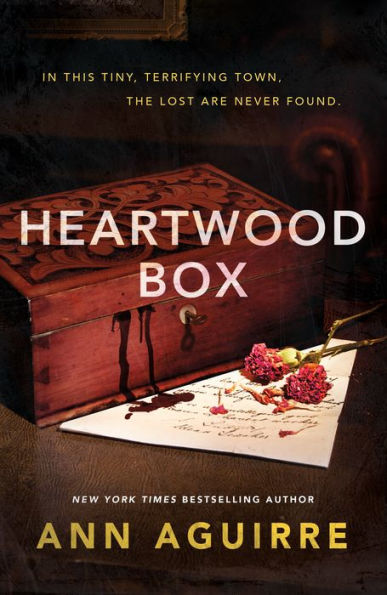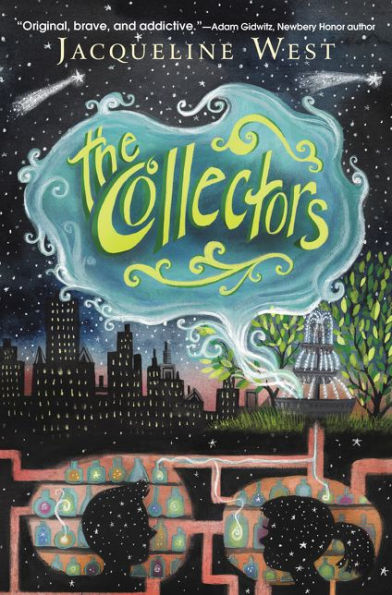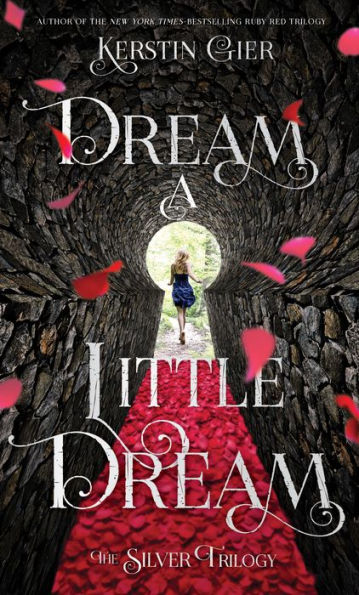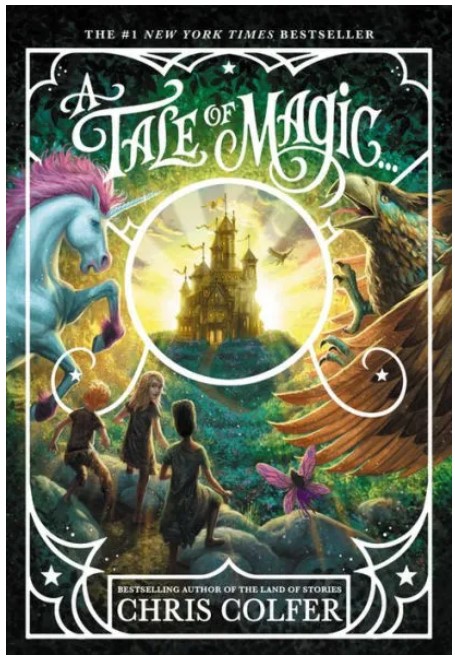J.C. Cervantes’ novel follows Ruby and her long-time boyfriend, Hart. When Hart suddenly passes away in a drowning accident, Ruby struggles to figure out her new plans for the future—a future without the love of her life. Unbeknownst to his friends and family, Hart experiences a miracle, as his soul comes back to life in the body of someone else. Unfortunately for Hart, his new body is that of Jameson Romanelli, a football player at his school that Ruby describes as “arrogant, selfish, [and] obnoxious.” Because Jameson is in a coma after a car crash, an angel named Lourdes is able to put Hart’s soul into Jameson’s body. Lourdes explains to Hart that Jameson’s soul is about to pass on, and this is what allows her to put Hart’s soul into his body.
Hart must try to reckon with his new body and he can’t tell anyone who he really is. This allows him to grow and experience new things. For instance, Ruby describes Hart as a bit of a “worrywart. . . when we were kids, he wouldn’t climb the monkey bars or anything more than four feet off the ground, he started a petition for seat belts on the school bus.” In addition, Hart is “a stickler for the rules.” But that changes when Hart has to learn to convincingly do things that Jameson would normally do, in order to not clue anyone in about his divine intervention. For instance, Hart needs to learn a lot about football, as Jameson is a top athlete at their school and he is under a great deal of pressure from his father. Being in Jameson’s body allows Hart to understand that people face pressures we have no way of knowing about from surface-level encounters. Hart explains, “I’ve only lived in Jameson’s body a day and I already feel like shit. Imagine how bad he felt living his whole life under this kind of pressure.”
Because Hart (referred to as Hart/Jameson later in the book), now in Jameson’s body, is not able to tell Ruby what happened, Ruby feels completely confused as to why Jameson is suddenly reaching out to her and being nice. Eventually, as Ruby spends more time with this “new” Jameson, she starts to feel that “I couldn’t stand [Jameson] and then he woke up from a coma and I felt this weird connection and then I hung out with [Jameson] and to be honest he wasn’t that bad; he was nice.” Ruby feels conflicted about enjoying her time with Jameson, but says, “I felt like . . . like we’re connected by something bigger.”
Always Isn’t Forever switches points of view at the start of each chapter, which will help readers relate to each of the characters individually. Though Hart initially judges Jameson, Hart grows as a character because he can feel Jameson’s emotions. For example, Hart discovers that Jameson had a serious girlfriend who “had a rock-climbing accident and died.” Hart is able to feel Jameson’s grief: “I feel an ache deep between my ribs that shoots into my heart.” Hart recognizes that this grief is what drove Jameson to alcohol. Hart learns about how the pain of grief can affect people who may seem hardened on the outside, like Jameson.
Even though the book’s characters are extremely empathetic, the situation regarding what happens to Jameson’s soul when Hart’s soul is put into his body is not explained in detail. This causes confusion especially because Jameson’s memories begin taking over Hart. For instance, Hart lost some of his memories. He explains, “I have no idea how to sail this boat that evidently, I bought and fixed up and don’t remember a damn thing about.” However, Hart regains all his memories at the end, and though this leaves a happy ending for Ruby and Hart, the reader might be confused as to why the angel did not just give Hart all of his memories to begin with.
Overall, the theme of processing grief is extremely pertinent in Always Isn’t Forever. Readers will empathize greatly with Ruby as she explains how she feels after Hart’s death: “At first, I let [grief] have at me. I knew the grief was eventually going to swallow me up. And I wanted it to.” Later in the novel, Ruby recognizes that her grief has caused her to give up things she used to enjoy. She reflects that she’s “given up what I love: the water, my dreams to travel—even myself. I guess a part of me is terrified that if I let myself want again, it’ll just be one more thing ripped away. But how is a life without desire worth living?” Eventually, Ruby is able to open up to Jameson and share her feelings, which allows her to refocus on her dreams of travel and college that she had put aside in the depths of her grief.
Sexual Content
- Hart and Ruby share a quick romantic moment. Hart says, “[Ruby] gives me a kiss, meant to be a peck, but I’m greedy, and in a nanosecond the kiss is deeper, our bodies pressed so close I think we could melt into this mattress.” But the kiss ends abruptly, with Hart saying, “Sometimes I wish we had never agreed to wait to have sex until college.”
- To test her theory that “a part of Hart is inside Jameson,” Ruby approaches Jameson and kisses him. Hart/Jameson describes, “[Ruby] pulls me closer, opens my mouth with her own. Every nerve in my body is on fire. I let go. I deepen the kiss, feel its heat, its desire, and all the questions it’s asking . . . our erratic breathing matches the rhythm of the kiss now, frantic, out of control. As if this is the last kiss we’ll ever have. I want more of [Ruby]. All of her.”
- Ruby and Hart/Jameson spend a romantic evening together. Ruby says, “Each kiss more urgent than the second before, the longing growing, growing, growing.”
- Ruby asks Hart/Jameson if he wants to be intimate with her. Ruby explains, “We’d sworn we’d wait until college. But now. . . if this is my only chance. It was always going to be Hart. It was, is, and forever will be—Hart.” But they stop before they go any further than kissing because Hart/Jameson says, “No, not like this.”
Violence
- When a little boy accidentally falls overboard during a storm, Hart goes out into the dangerous waters to rescue him. Even though the boy is saved, as Hart attempts to get to the boat’s ladder, “My fingers trace its edges just as a colossal swell sucks me under. The waters are dark . . . violent. I fight my way to the top, but it’s not there. I have no idea which way is up.”
- Hart’s drowning is described over a page, including Hart’s feelings about dying: “They say our life passes before our eyes right before we die, but it isn’t true. I think two things in that moment: I should have spent that extra minute with my dad. I should have chosen to spend tonight with Ruby. The water closes in . . . Water rushes into my nose and mouth, floods my lungs.”
Drugs and Alcohol
- It is briefly mentioned that Jameson’s car accident was caused because he was driving under the influence. Later, Hart explains that Jameson’s long-time girlfriend passed away. “That’s why [Jameson] started drinking.”
Language
- Ruby refers to Jameson as a “two-faced son of a bitch” because he cheated off her schoolwork and toilet-papered her house.
- Occasionally, characters use words like asshole, shit, and damn.
- Rarely, characters use the word fuck.
- When frustrated, Ruby exclaims, “I swear on the baby Jesus that I am not a violent person.”
- Gabi, Ruby’s sister, exclaims, “Holy Santos,” when she discovers “a part of Hart is somehow inside of Jameson.”
Supernatural
- Lourdes, an angel, explains to Hart that he “can go back to a human life; you can live out your days until your actual scheduled time to die . . . All we have to do is find a body that is on the verge of death.”
- As Hart’s soul enters Jameson’s body, Hart explains, “I stare out of Jameson’s eyes. The world looks different . . . I thought [Jameson] might tell me to get the hell out of his body. But no. You want to know what he said? What his last words were before he checked out for good? ‘Don’t waste it, man.’”
- Gabi, Ruby’s sister, tells Ruby that she has a theory about Jameson. Gabi says, “What if . . . [Jameson] has a message from the other side, from Hart . . . because he was so close to death?”
- Initially, when Lourdes uses her angel powers to put Hart’s soul into Jameson’s body, she explains that Hart will not be able to tell anyone exactly what happened to his soul. Lourdes explains that in order for Hart to be able to explain the truth of what happened to his soul to Ruby, Lourdes will “use the only power I have that is great enough . . . I will give up a single wing.” Lourdes’ sacrifice allows Hart to be able to explain what happened to his soul, so that Ruby can understand what happened to his soul after he drowned.
- Lourdes tells Hart, “When the death angel came for me . . . I asked to use my last wing to give you back your memories.”
Spiritual Content
- Lourdes tells Hart that she used her abilities as an angel on him. “You’re not in heaven, and you’re not exactly dead . . . I saw you struggling and I knew [drowning] was going to be painful, so I pulled your soul out early to save you from all of that.”
- Ruby’s sister, Gabi, does a card reading for Ruby. The cards that have been passed down through generations in their family. Gabi says the cards are “a special gift from the ancestors.” Gabi “takes the World card in her hands, closes her eyes, and meditates for as long as necessary until she gets that ‘message’ from our ancestors.” Gabi explains that she “heard a single whisper; it said, ‘message?’”
